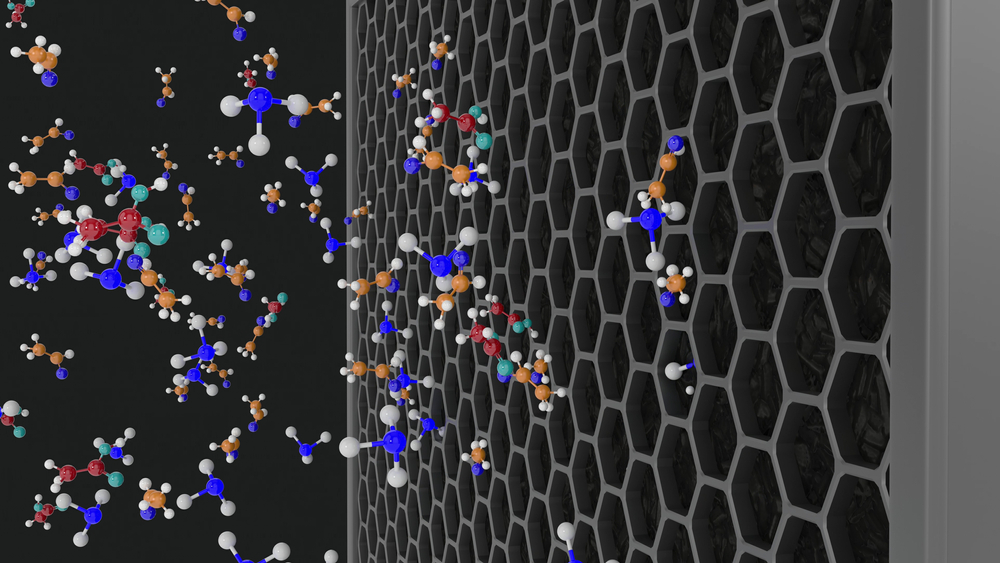Are There Air Filters That Can Trap Viruses?

Understanding Virus Size
Viruses vary in size, but most are between 0.01 to 0.3 micrometers (µm). For instance, the SARS-CoV-2 virus, responsible for COVID-19, measures approximately 0.1 µm. Given that traditional air filters may not capture particles at this scale, it's essential to look for specialized filters designed for viral containment.
hepa Filters and Their Efficacy
High-Efficiency Particulate Air (HEPA) filters are widely recognized for their ability to trap particles as small as 0.3 µm with an efficiency of 99.97%. This capability makes hepa filters effective in reducing the presence of airborne viruses, provided that these viruses are attached to larger respiratory droplets. Studies indicate that hepa filters can significantly lower viral load in indoor environments when used in conjunction with proper Ventilation systems.

ULPA Filters: A Step Further
Ultra-Low Penetration Air (ULPA) filters are another advanced option, capable of capturing 99.999% of particles down to 0.1 µm. This level of filtration makes ULPA filters particularly effective for environments where virus containment is critical, such as hospitals and laboratories. Their ability to trap smaller particles means they can provide an additional layer of protection against airborne viruses.
Relevant Standards and Guidelines
- EN 1822: European Standard for HEPA and ULPA filter performance.
- ASHRAE 52.2: Testing Procedures for air filter efficiency.
- ISO 16890: International standard for evaluating air filter efficiency.
- CDC Guidelines: Recommendations for air filtration and ventilation.
- AORN Guidelines: Standards for air quality in healthcare settings.
Do Activated Carbon Filters Remove Viruses?

Understanding Activated Carbon Filters
Activated carbon filters are primarily designed to remove impurities and odors from air and water. They work by adsorbing organic compounds and certain chemicals, but their effectiveness against viruses is limited. While they can trap some larger particles, viruses are typically too small to be effectively captured by these filters alone.
Limitations of Activated Carbon
Activated carbon filters are not specifically designed to eliminate viruses. Their primary function is to improve air quality by removing volatile organic compounds (VOCs) and odors. For virus removal, additional filtration methods are necessary.
Effective Filtration Methods for Viruses
To effectively remove viruses from the air, HEPA (High-Efficiency Particulate Air) filters are recommended. These filters can capture particles as small as 0.3 microns, including many viruses. Combining HEPA filters with UV light technology can further enhance air purification, as UV light can deactivate viruses and bacteria, ensuring cleaner air.
What Type of Filter Removes Viruses?

HEPA Filters
HEPA filters are the gold standard for removing viruses from the air. They are capable of trapping 99.97% of particles that are 0.3 microns in size, which includes many airborne viruses. This makes them highly effective for use in homes, hospitals, and other environments where air quality is crucial.
Additional Filtration Options
In addition to HEPA filters, UV-C light systems can be integrated into air purification systems to target viruses effectively.
How Do You Purify Air from Viruses?

1. Air Purification Techniques
To purify air from viruses, a combination of HEPA filters and UV-C light is highly effective. HEPA filters capture airborne particles, while UV-C light can deactivate viruses, providing a comprehensive solution for air purification.
2. Importance of Ventilation
Proper ventilation is also essential in reducing virus concentration in indoor spaces. Opening windows and using exhaust fans can help improve air circulation and dilute airborne pathogens.
3. Regular Maintenance of Air Filters
Regular maintenance and replacement of air filters are crucial for ensuring their effectiveness. Clogged or dirty filters can reduce airflow and diminish the filter's ability to capture viruses and other pollutants, making it important to follow manufacturer guidelines for upkeep.
Can Viruses Pass Through Bacterial Proof Filters?

1. Understanding Bacterial Proof Filters: Bacterial proof filters are designed to block bacteria, which are larger than viruses. However, many viruses can still pass through these filters due to their smaller size. Therefore, while these filters provide some level of protection, they are not sufficient for virus removal.
2. Size Comparison: Viruses typically range from 0.02 to 0.3 microns, while bacteria are usually 0.5 microns and larger. This size difference means that bacterial proof filters may not effectively capture all viruses.
3. Need for Specialized Filters: To effectively filter out viruses, specialized filters such as HEPA filters are necessary. These filters are designed to capture smaller particles, including viruses, ensuring better air quality.
 +86 18186671616
+86 18186671616 Jason@cleanroomequips.com
Jason@cleanroomequips.com
 MENU
MENU


